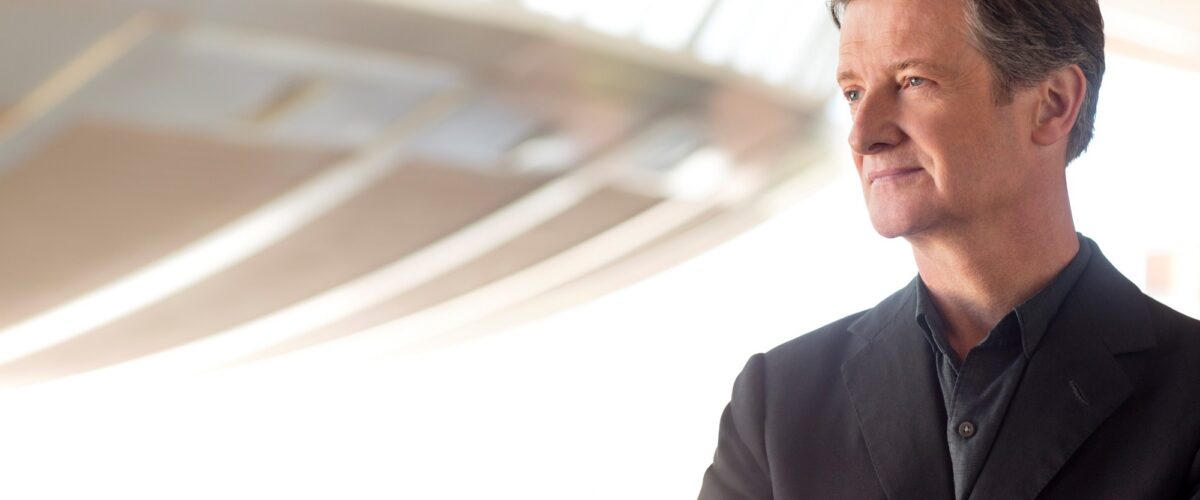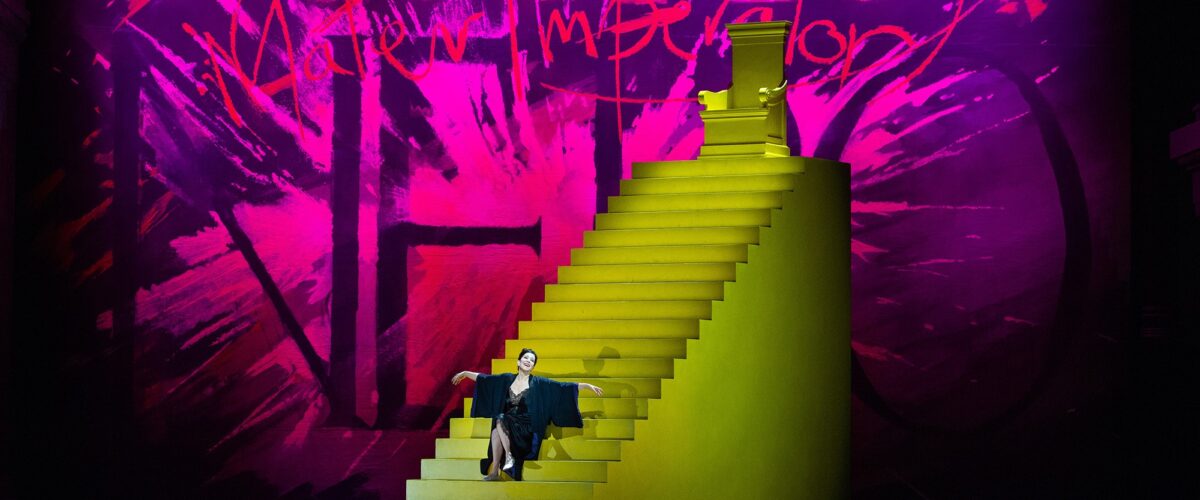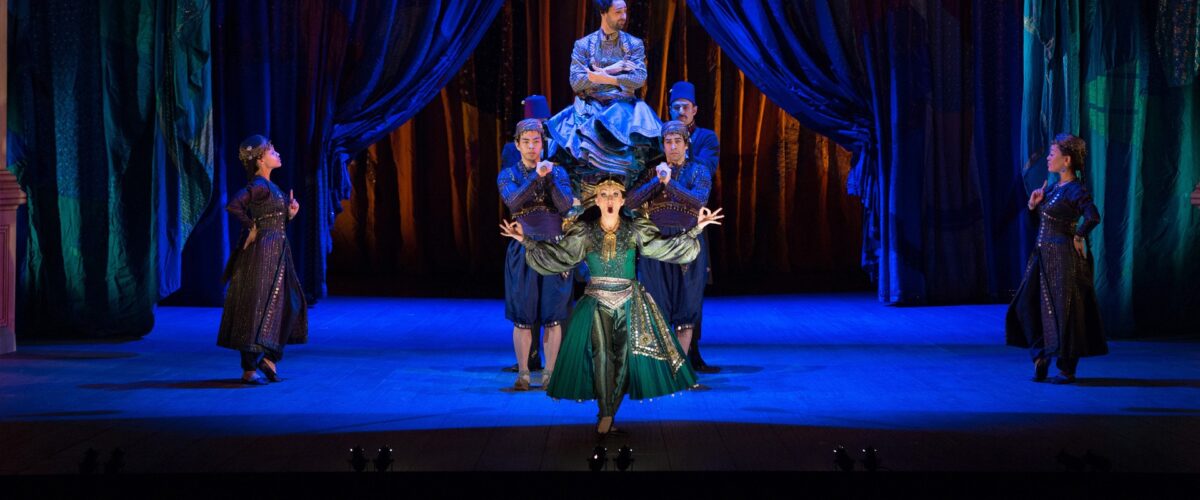TRANSCRIPT
Scofield: Harry you mentioned a little bit earlier that we have so many wonderful Handel singers nowadays, in fact, I think you mentioned in your liner notes of the recording Handel: Rodelinda, “we’ve got such a plethora of Handel singers, it’s actually easier now to cast a Handel opera than a Verdi opera.” How did we get to this fortunate situation for Baroque singing?
Bicket: Unfortunate situation for Verdi. [Laughter] You look at the golden era of Verdi singing and these amazing voices, and I’m not saying there aren’t great Verdi singers around now, but it does seem to me that it’s a golden time for Handel singers. I think it’s a lot of it is just supply and demand. Back in the 1960s and 70s, which is a great time for Verdi, there wasn’t that much interest in Handel operas. They weren’t being performed, and if they’re not being performed, there was no point in being a Handel singer really, if there wasn’t any work.
Nowadays, what I’m happy with, is that having gone through the period of sort of authentic performances – the English concert, of course, being one of the first orchestras designated to play on period instruments, and to really try to work out what kind of sounds were being heard and being written for in the 18th century – I’m happy that now, in a way, we’ve gone mainstream. Houses like the Met, like Munich, and Paris, you name anywhere really, now will do Handel opera as part of their standard repertoire. Not just a sort of one-off surprise thing for an anniversary or for a festival, but actually say, these pieces can be just as much part of the operatic repertoire as Mozart, as Wagner, Verdi, and Puccini.
Scofield: And thank goodness for that!
Bicket: Yes. I really do feel like I’ve seen that sort of developing over my career, and I’m hoping it will continue.
Scofield: So, lots of singers have been turning to Handel in recent years, but also I have noticed that our current generation of audiences embrace Handel with a lot more enthusiasm than, perhaps, their parents and their grandparents. What is it about the music of Handel that makes him increasingly relevant to our time?
Bicket: Gosh, I think the main thing is that it’s such direct music. It’s music that speaks so honestly, and so directly, and so simply. It weaves its magic, in a way, that kind of takes you by surprise.
Scofield: It sure does. And yet the 18th century, when Handel lived, placed so much importance on order, and balance, and restraint. A reverence for the classical world. It is so different from our world today. I think you’re right, Handel speaks with an emotional directness that appeals to us. How does it happen? What is that emotional connection we’ve got to him?
Bicket: I think that another issue is that the subjects that he writes about, although on the face of it, it seems to be often just dry historical figures and people, or say complicated plots – I don’t think they are that complicated myself – but I think it’s a mistake to focus on that, because actually within that, he uses those plots and figures really to talk about very basic human emotions and thoughts.
So, you know the Rodelinda aria, it’s the first thing you hear after the overture, you’re just thrown into this C minor aria that keeps stopping, and starting, and the textures keep changing. And all she’s saying is my husband is dead. He’s dead. He’s dead. And saying it over and over and over again, and you know any of us who’ve actually lost a friend, or a parent, or someone who’s close to you, that’s how you speak, that’s what you do. You sit on your chair all day. It’s very simple, but also very daring, because it completely reflects the reality of the way as human beings.
Read more about Harry Bicket on their OFFICIAL WEBSITE.




